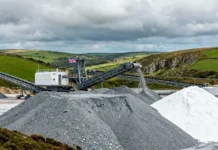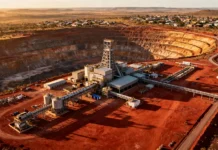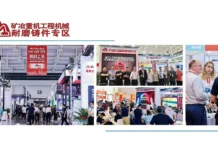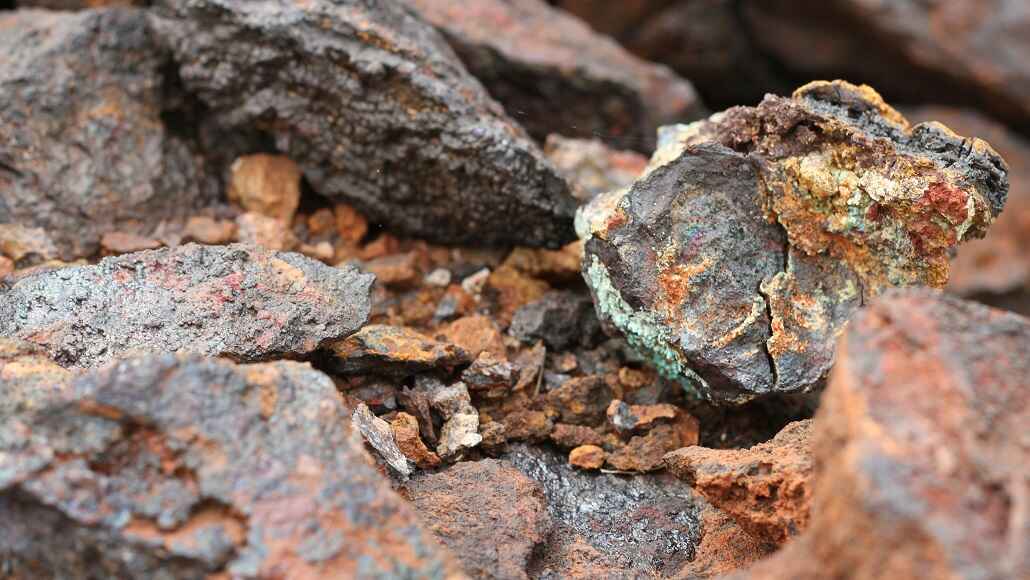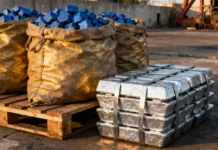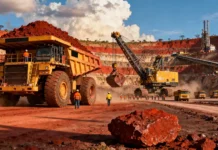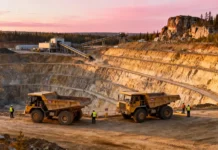The mining industry, traditionally plagued with issues related to transparency and ethical conduct, stands at an intriguing crossroads driven by technological innovation. With growing awareness among consumers and a strengthening regulatory framework, the call for ethical sourcing has risen exponentially. This development forces mining firms to embrace cutting-edge solutions to present unequivocal evidence of ethical behavior, environmental accountability, and social responsibility.
Blockchain technology, with its decentralized and tamper-proof nature, offers a promising route toward creating transparent and accountable supply chains in mining. The integration of blockchain-enabled supply chain tracking systems allows stakeholders—from miners and regulators to consumers—to verify the chain of custody for minerals, ensuring they are sourced responsibly and sustainably.
The Need for Transparency in Ethical Mining
Mining, by its very nature, involves complex global supply chains that span multiple jurisdictions, actors, and processes. Traditionally, such complexity provided loopholes for illicit activities such as conflict mineral trading, environmental degradation, and labor rights abuses. Consumer brands, regulatory authorities, and investors are therefore growing more skeptical of the origins of minerals like gold, tin, tungsten, and cobalt.
The need for responsibly mined raw materials is not just a social issue; it has become an imperative of access to markets and corporate sustainability obligations. Businesses are required to comply with rules that mandate strict reporting and verification requirements. The inability to prove responsible procurement can result in reputational loss, legal liability, and business loss.
Successful tracking of the supply chain that gives assurances about the origin of minerals is now a requirement. But conventional centralized and paper-based tracking systems tend to fail because they lack transparency, data is easily tampered with, and there is fragmented control. Blockchain technology presents itself as an answer that can overcome such flaws by being transparent, immutable, and traceable.
Blockchain Facilitates Ethical Supply Chain Tracking
Blockchain, fundamentally, is a distributed ledger where transactions are recorded across multiple nodes. Each entry is sequentially linked and cryptographically secured, making alteration virtually impossible once validated. This intrinsic security makes blockchain especially suitable for supply chain verification, where the integrity of data is paramount.
Using blockchain for mineral tracking entails having each transfer or exchange of ownership along the supply chain— from extraction, through processing, to sales—recorded on a common ledger accessible to all the authorized parties. This recording makes sure every step is captured openly and immutably, leaving an indelible audit trail.
Smart contracts then add to the system by allowing for automatic checks for compliance and actions based on triggers, e.g., releasing payments only when there are certain conditions—checked through blockchain—being met. An example is that a batch of minerals may only be cleared for exportation if it has complied with ethical sourcing standards checked on the blockchain.
Essentially, blockchain-based systems include digital identities for all participants, which facilitate secure authentication and minimize the possibility of fraud. Such identities store credentials, certifications, and compliance information so that only authenticated participants enter the supply chain.
Current Implementations and Case Studies
Several pioneering projects and initiatives highlight the potential of blockchain for ethical mineral supply chains. As an illustration, industry coalitions and consortia have developed pilot schemes focused on the certification of responsibly mined minerals using blockchain platforms.
One of the prominent projects is a blockchain system that maps the path of conflict-free gold. The platform records information at every step—from artisanal miners through refiners and dealers—guaranteeing that every step adheres to international standards. This not only heightens transparency but also builds consumer trust as well as allows brands to fulfill their responsible sourcing promises credibly.
Similarly, one of the world’s largest tech companies has teamed up with miners and regulators to create a blockchain-based cobalt supply chain system. The system confirms cobalt used in batteries comes from conflict-free mines, as required by international regulations and sustainable practices.
These initiatives usually combine biometric identification, GPS coordinates, and IoT sensors with blockchain to provide real-time, tamper-evident tracking from mine to transport processing to end-use.
Challenges to Wide-Scale Adoption
While blockchain has revolutionary potential, mass adoption in the mining industry has a number of barriers. Technical issues are keeping blockchain from being integrated into current ERP and supply chain management software systems, as well as maintaining interoperability between various platforms. The intricacy of blockchain infrastructure requires extensive investments in technology and knowledge, which could be out of the question for smaller operators.
Regulatory ambiguities also create hurdles. Governments all over the world continue to formulate policies for using blockchain, sharing data, privacy, and security. Maintaining compliance across jurisdictions makes deployment complex, particularly in areas with poor legal infrastructures.
Data privacy is also a concern. The sharing of in-depth supply chain data, particularly within areas that are sensitive in nature such as conflict regions, presents security and privacy rights risks. Achieving the necessary balance between disclosure and secrecy involves strictly crafted permissioned blockchain networks, where sensitive information is only accessible by authorized parties.
Additionally, conformity in industry standards and procedures for blockchain-based tracking continues to be a work in progress. This non-uniformity limits smooth integration and inhibits regulatory acceptance
Future Outlook Towards More Transparent and Sustainable Mining
The future of blockchain-based supply chain tracing is bright, particularly in the changing environment of sustainable mining. With increasing regulations and consumer pressure for ethical sourcing, businesses will use blockchain more frequently to prove compliance and ethical behavior.
Technological advancements, especially IoT and AI integration, will increase blockchain systems’ capabilities to achieve real-time, end-to-end traceability from the innermost parts of the supply chain to the world at large. Open-source platform development and industry standards will enable interoperability and drive adoption.
In addition, the merging of blockchain with other advanced technologies will transform transparency. For instance, placing IoT sensors at mining locations along with AI analysis and blockchain validation has the potential to provide a complete, unalterable history for each mineral’s life path.
Investment in such systems is also expected to rise substantially, fueling the development of a new norm for open, ethical mining processes. This transition will eventually enable consumers, regulators, and industry actors to establish trust and accountability at all levels of the supply chain.
Conclusion
Blockchain technology is capable of transforming supply chain tracking in mining into a transparent and accountable activity essential to ethical mining. Through the provision of an unalterable record of each step, from extraction to the final consumer, blockchain-enabled supply chain tracking can solve long-standing problems of fraud, conflict, and environmental degradation.
At the same time, blockchain’s ability to tie in with IoT, AI, and analytics will provide real-time predictive analytics to improve operational efficiency, safety, and sustainability. With the industry moving towards a future where corporate social responsibility is of greatest importance, decentralized ledger technologies will play a fundamental role in providing ethical sourcing and environmental care.
But to make this a reality requires concerted action—standardization, overcoming technical challenges, and aligning regulatory systems. The path of blockchain-based supply chain traceability shows one with complete trust embedded in the very nature of resource extraction and processing, enabling a more sustainable, more transparent mining sector for future generations.




